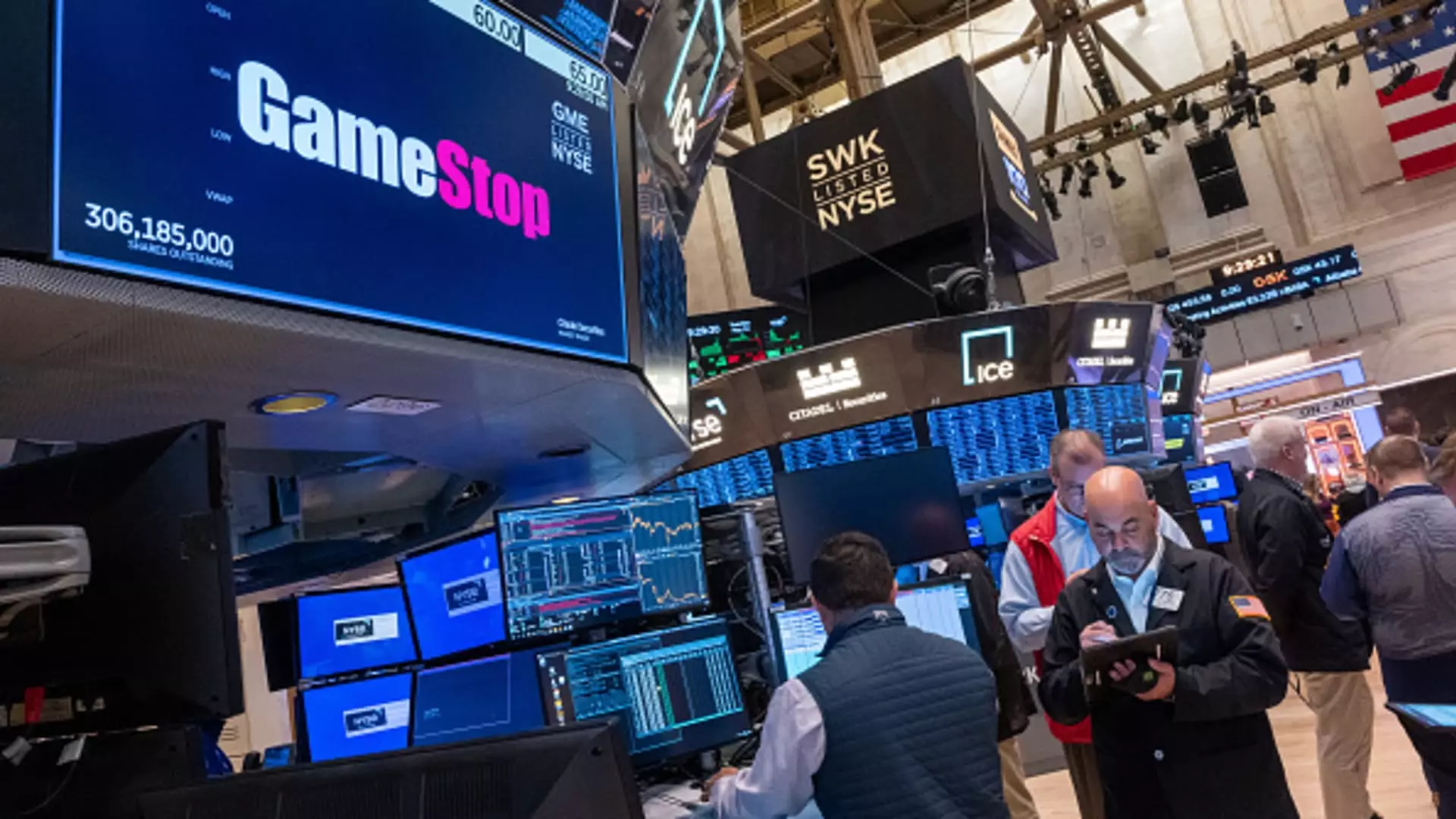GameStop, the popular video game retailer, recently reported its fiscal first-quarter results, and the numbers were not encouraging. The company’s net sales for the period were $881.8 million, representing a significant 29% decline from the previous year. This decline was even more severe than what analysts had predicted, with estimates ranging from $900 million to $1.09 billion. The disappointing sales figures indicate that GameStop is still struggling to turn its operations around and attract customers.
Continued Financial Losses
In addition to the decline in sales, GameStop also reported a loss of $32.3 million during the quarter. While this loss is slightly narrower compared to the same period last year, it is still a concerning figure for the company. The continuous financial losses raise questions about GameStop’s ability to remain financially viable in the long term, especially given the challenging retail environment and increased competition in the video game industry.
To mitigate its financial challenges, GameStop announced that it would sell an additional 75 million shares on top of the 45 million share sale it had completed in May. The company raised over $900 million through the initial share sale, but the decision to issue more shares could dilute existing shareholders’ ownership and impact the stock’s value. Market reaction to the news was mixed, with GameStop’s shares initially plunging 20% before recovering slightly. The stock’s volatile trading pattern highlights the speculative nature of the market and the influence of retail traders like “Roaring Kitty.”
The first-quarter results and subsequent market reaction underscore the challenges that GameStop continues to face in its turnaround efforts. The company’s reliance on stock sales to raise capital and offset losses raises concerns about its long-term sustainability. Moreover, the influence of social media personalities like Keith Gill on the stock’s movement adds a layer of unpredictability to GameStop’s future performance. As the company navigates these challenges, investors and industry observers will closely monitor its strategic decisions and financial health to assess its prospects in the evolving video game market.
GameStop’s latest fiscal results highlight the ongoing struggles of the video game retailer in an increasingly competitive and dynamic industry. The company’s declining sales, financial losses, and reliance on stock sales raise questions about its ability to achieve sustained profitability and growth. As GameStop continues to face uncertainties in the market, stakeholders must carefully evaluate its strategic direction and financial stability to make informed decisions about their investment in the company.

